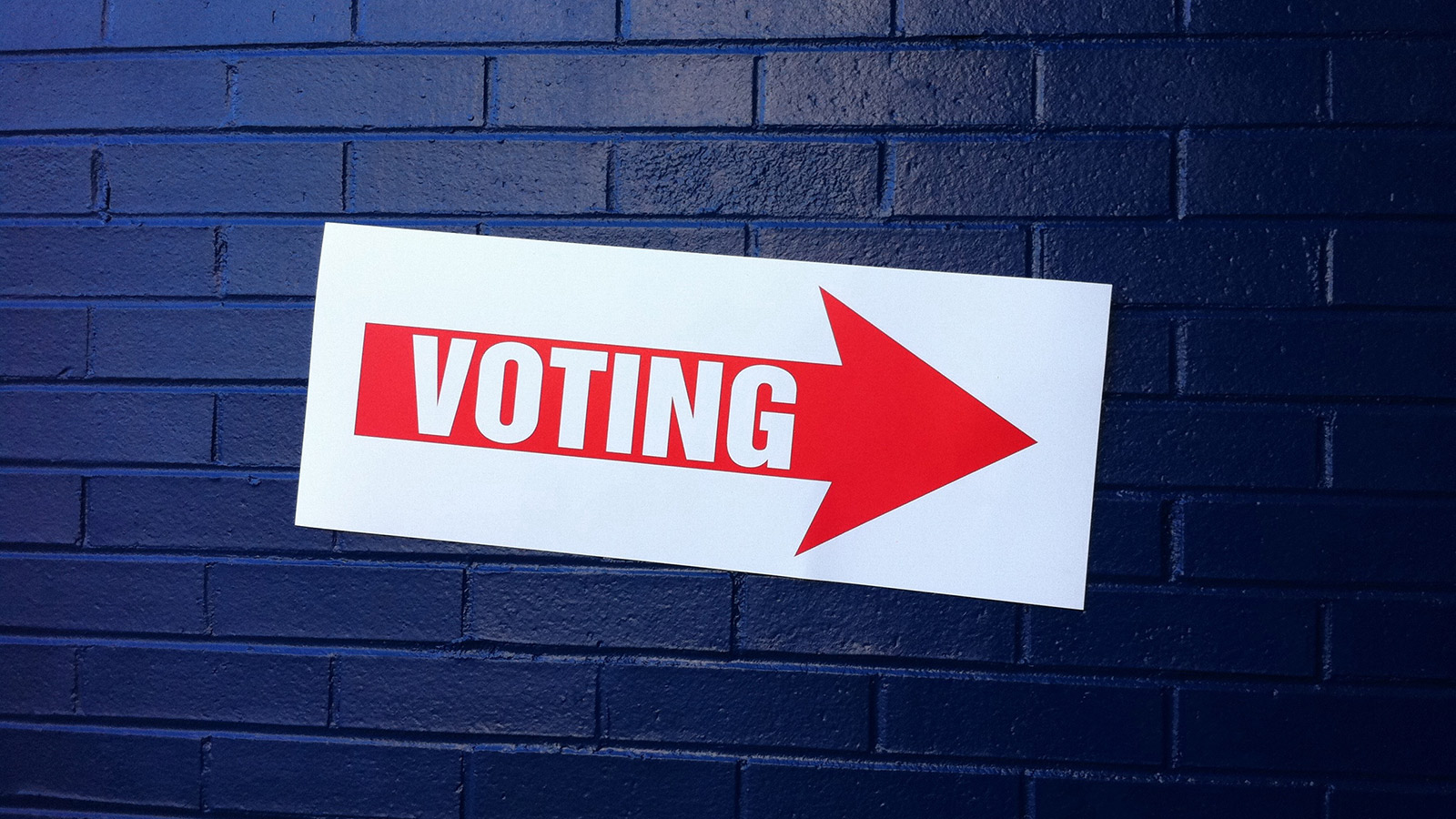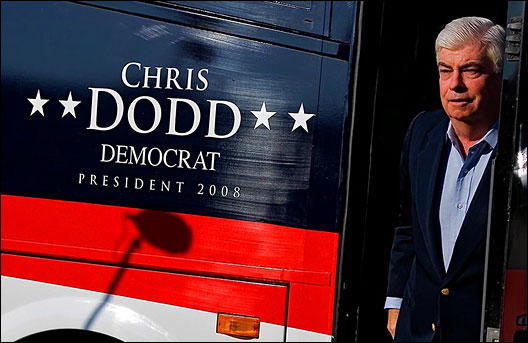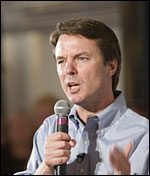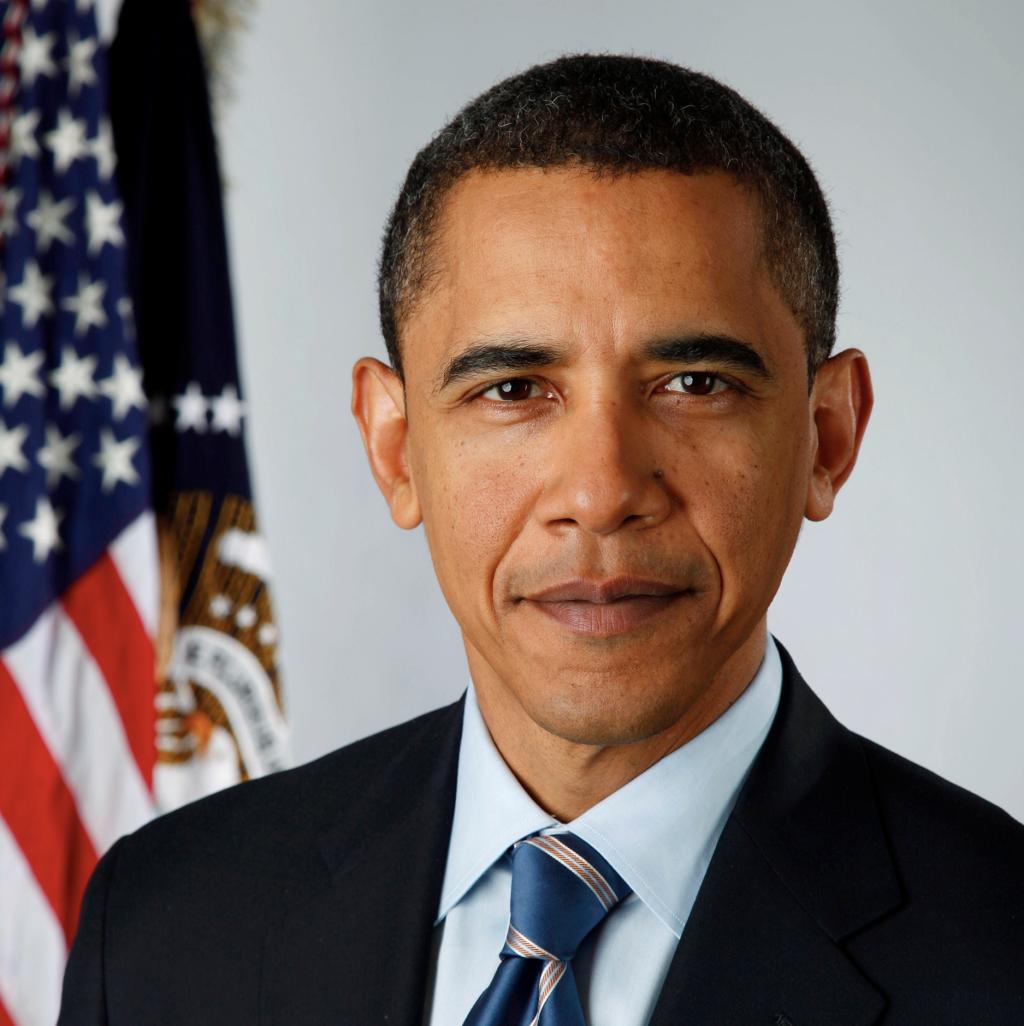How green is your candidate? Info on the 2008 presidential contenders

In This Series
-
A look at Chris Dodd’s environmental platform and record
Update: Chris Dodd dropped out of the presidential race on Jan. 3, 2008. Democratic presidential candidate Chris Dodd, who has represented Connecticut in the U.S. Senate for 26 years, racked up a 93 percent rating from the League of Conservation Voters in the last Congress and a 77 percent score for his whole career. He […]
-
An interview with Dennis Kucinich about his presidential platform on energy and the environment
This is part of a series of interviews with presidential candidates produced jointly by Grist and Outside. Update: Dennis Kucinich dropped out of the presidential race on Jan. 25, 2008. Dennis Kucinich. Photo: SEIU via flickr He may be eating the front-runners’ dust in the polls, but among deep-green voters, Dennis Kucinich is considered a […]
-
A look at Dennis Kucinich’s environmental platform and record
Update: Dennis Kucinich dropped out of the presidential race on Jan. 25, 2008. Democratic presidential candidate Dennis Kucinich has been active and outspoken on a wide range of environmental and sustainability issues during the decade he’s represented Ohio’s 10th district in the U.S. House. His efforts have earned him a 92 percent lifetime rating from […]
-
An interview with John Edwards about his presidential platform on energy and the environment
This is part of a series of interviews with presidential candidates produced jointly by Grist and Outside. Update: John Edwards dropped out of the presidential race on Jan. 30, 2008. John Edwards. Photo: Rachel Feierman John Edwards has gone to great lengths to outshine the top Democratic candidates with an aggressive environmental platform. On the […]
-
A look at John Edwards’ environmental platform and record
Update: John Edwards dropped out of the presidential race on Jan. 30, 2008. During his single term representing North Carolina in the U.S. Senate, John Edwards received a middling 63 percent rating from the League of Conservation Voters — a score lower than might have been expected because he missed a number of key votes […]
-
An interview with Barack Obama about his presidential platform on energy and the environment
This is part of a series of interviews with presidential candidates produced jointly by Grist and Outside. Barack Obama at an Earth Day 2007 event. Photo: Michael Millhollin In his two and a half years in the U.S. Senate, Barack Obama has been active — even hyperactive — on matters of energy and the environment. […]
-
A look at Barack Obama’s environmental platform and record
Updated 22 Aug 2008 In the early months of Barack Obama’s presidential campaign, enviros were skeptical of his (now heavily qualified) support for coal-to-liquids technology and unvarnished enthusiasm for ethanol, but he earned their respect with his aggressive climate and energy plan. The plan centers on a cap-and-trade system that aims for 80 percent emission […]
-
Grist interviews Vilsack; Vilsack quits presidential race
Former Iowa Gov. Tom Vilsack (D) has added another "former" to his list of titles by withdrawing from the 2008 presidential race. But before he folded, citing financial concerns, Grist's Amanda Griscom Little interviewed Vilsack -- a vocal opponent of the Iraq war -- about his surprisingly aggressive energy plan [PDF], ethanol's future, and more.
----
Other Democratic candidates, Sens. Obama and Clinton in particular, seem to be putting emphasis on energy and the environment as well. How do you think your record compares to theirs?
As governor of Iowa I was able to actually grow a renewable fuel industry in my state. We've dramatically increased ethanol production, dramatically increased wind production, through a creative use of strategies. I don't think any other candidate can actually point to that accomplishment.What motivated you to come out with such a comprehensive energy proposal so early in the game?
Primarily the fact that energy security is the most important domestic issue facing the United States. We've been talking about this challenge for decades, and it's time we get very serious about it.
This is a strategy not just to meet our energy needs in a way that's environmentally sound, but also to ensure that we never send young men and women to war over oil as we have in the past and we appear to be doing right now in Iraq.



